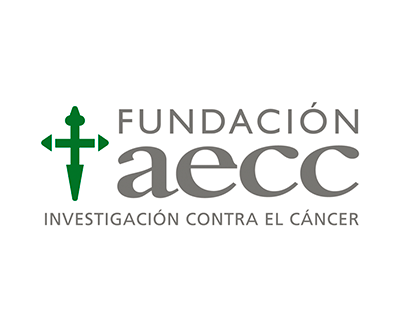Title: Impacto de la microbiota en la oncogénesis colorrectal en pacientes con síndrome de Lynch
Research Group: Evolutionary Genetics
Lynch syndrome (LS) is an inherited condition involving a high risk of colorectal cancer (CRC), endometrial cancer and other tumors. It presents an autosomal dominant inheritance and is caused by germline mutations in genes involved in the repair mechanism of errors occurring during DNA replication [mismatch repair genes (MMR)]. LS has an incomplete penetrance and variable expressivity. Significant differences have been described in the clinical phenotype of patients with LS depending on the mutated MMR gene. There is great heterogeneity in the risk of cancer in mutation carriers. The causes of such heterogeneity are unknown, but may be due to modifier genes of the penetrance, epigenetic changes and/or environmental factors. Recently, evidence of a beneficial effect in model mice MMR deficient and genetically predisposed to CCR has been observed after reducing their gut microbiota by antibiotic treatment and/or by a low-carbohydrate diet. Derivatives of carbohydrate metabolism such as the butyrate -generated by species of the phylum Firmicutes - are ultimately responsible for CRC in mice with mutations at MSH2. Apparently, particular alterations in the colorectal microbial community from the above mentioned treatments result in insufficient production of metabolites involved in pathways contributing to protection against CRC progression. In this proposal we will evaluate the functional impact of the microbiota in the development of colorectal oncogenesis in a cohort of healthy individuals at high genetic risk of CRC".
Ref. UGP-17-001
Total amount: 300,000 €
Andrés Moya
Asociación Española Contra el Cáncer (AECC)
FISABIO















